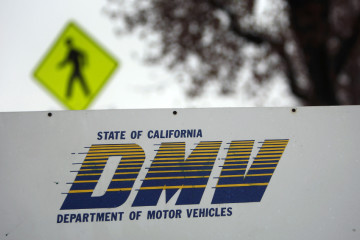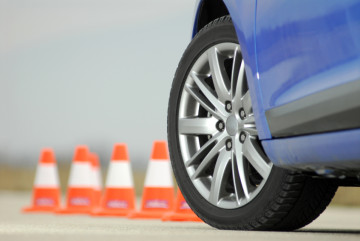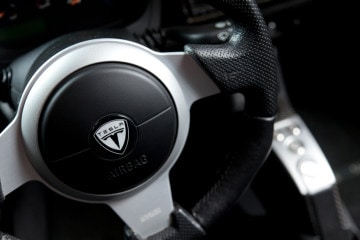When Will Your Self-Driving Car need Help Driving?
Self-driving cars are great at what they do – but they’re still not smart enough to undermine the importance of auto insurance. The powerful path-finding technologies being used are still very much in-development, and while we already see some vehicles on the road with smart cruise control and other “self-driving” features, the real deal is still unready for a full-scale consumer release.

If you’ve been following our coverage of the emerging industry of self-driving automobiles, you likely know that companies like Google and Volkswagen have been testing their vehicles on public California roads for some time now, demonstrating how the first self-driving cars might function. While these tests have been promising, they haven’t been without incident, and very recently, several of the companies behind these vehicles have come forward with disengagement reports.
Submitted to the California DMV, these disengagement reports contained a summary of the self-driving cars’ performance in the past months, and since many companies submitted these reports, we’re able to get a clear picture of how testing is going so far.

As expected, Google’s statistics make up the majority of those available due to the simple fact that Google has been testing their self-driving technology for longer than their competitors. Combine that with a more open and aggressive development cycle, and you have a self-driving car that has really been put through the ringer – but does it hold up under pressure? If these newly-released stats are any indication, the answer is a resounding “yes”.
Are you looking for cheap car insurance that won’t let you down? Cost-U-Less has what you need at the price you want to pay. Call, click, or visit us today!
The disengagement reports submitted compiled data from testing up to the end of November 2015. Below, you can compare the amount of testing each company did with how often the human driver had to assume control of the vehicle.

Company (Miles driven/Disengagements)
Google (424,331/341)
Delphi (16,662/405)
Volkswagen (14,945/260)
Mercedes-Benz (1,739/1,485)
Nissan (1,485/106)
Bosch (935/625)
It should be noted that each company’s definition of “self-driving” differs slightly, and while vehicles like Google’s self-driving car promise to be almost completely autonomous, many companies are offering a lighter “assisted driving” experience. How this might affect the number of disengagements makes this an interesting point, because in a vehicle with simpler assisted driving, the driver may need to assume less control more frequently.
It should also be noted that Bosch’s 625 disengagements were part of a planned test and do not reflect the reliability of their own software.

If you’ve been paying particularly close attention to the industry, you may notice that one of the biggest names is missing from that chart: Tesla. Why didn’t Tesla submit a disengagement report? According to the company, there hasn’t been a single unplanned disengagement, but since we’re still in the dark about how much testing Tesla has actually done, it’s hard to interpret that.
Saving up for your own self-driving car? Cost-U-Less can help you save. With car insurance quotes, one-on-one assistance, and great customer service, you can’t go wrong with Cost-U-Less. Call, click, or visit today!



